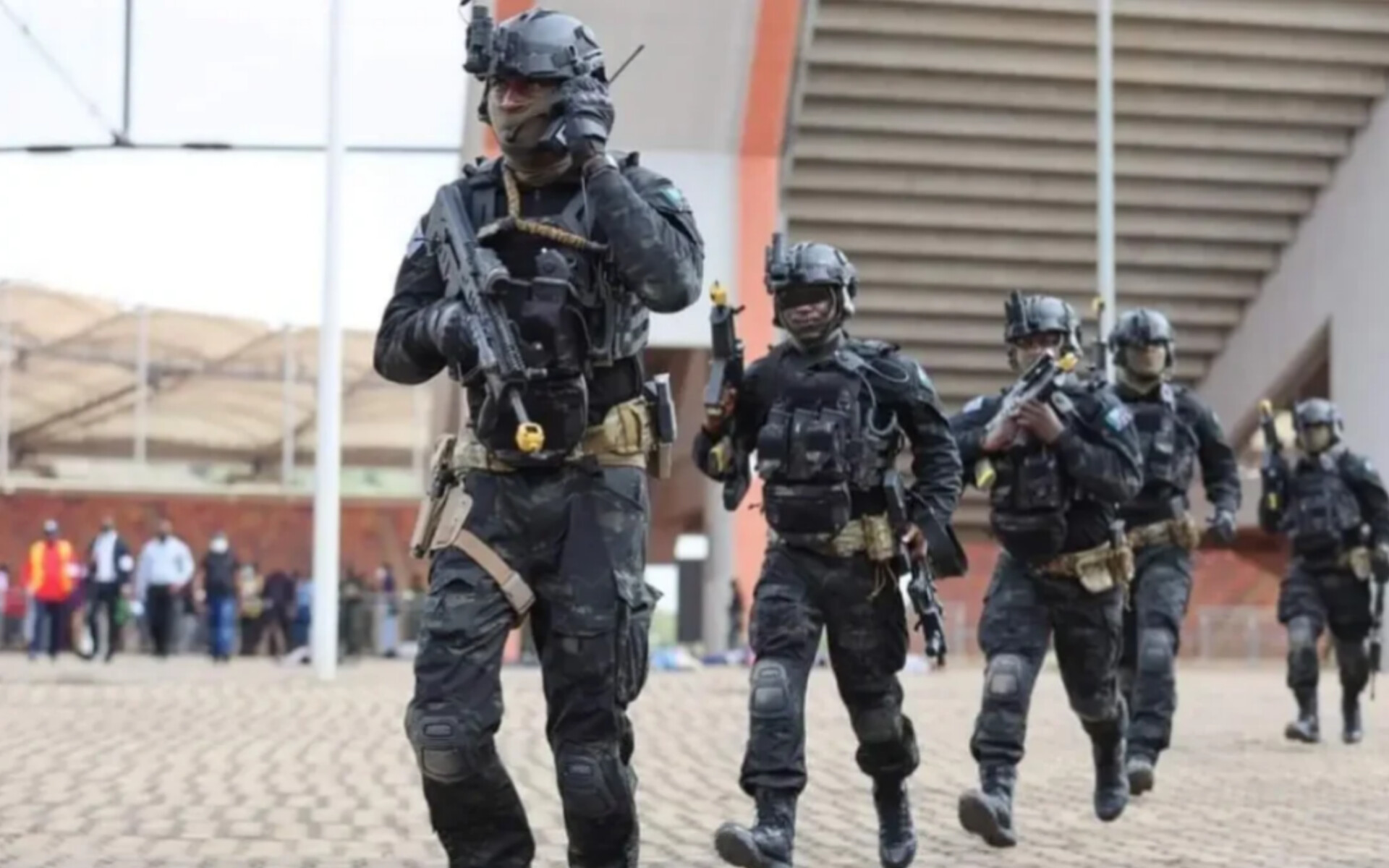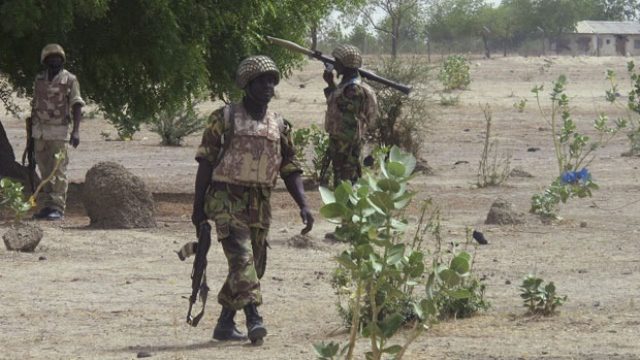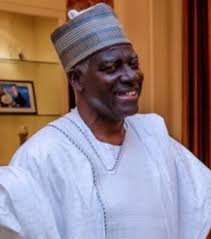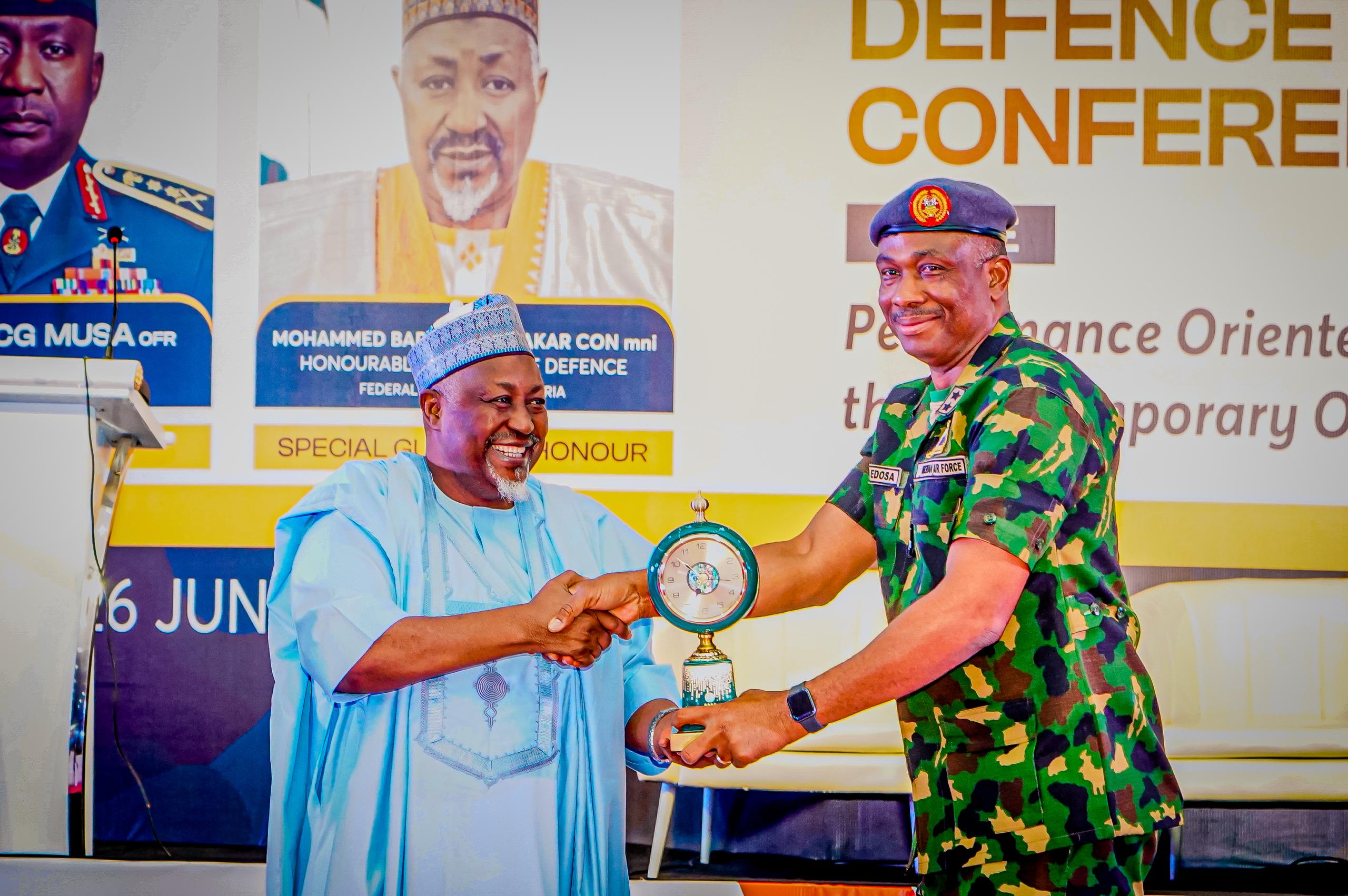To avoid “potential threats” that may result from Improvised Explosives Devices (IEDs) in crowded places or suspicious locations, the Department of State Services (DSS), on Friday, cautioned Nigerians across the country to stay away.
The DSS in its message to both Christian and Muslim faithful to felicitate with them at their Lenten and upcoming Ramadan seasons respectively, said the advice became imperative in order to live in a peaceful environment.
The spokesman of the secret police, Peter Afunanya also cautioned clerics from both religions, traditional rulers and other stakeholders to refrain from economic exploitation, sabotage or profiteering during these important obligations.

“Residents are advised to remain vigilant against public dangers especially Improvised Explosive Devices (IEDs),” Afunanya said, stressing that the service calls for tolerance, bonds of brotherhood, dialogue and peaceful coexistence among the populace.
“Also, the general public is urged to stay informed about potential threats; avoid crowded or suspicious areas and report to relevant security agencies any strange objects, activities and movements of hostile elements.”
According to him, the DSS recognises the significance of these sacred rites, that is why it enjoins worshippers to promote understanding, compassion and respect for one another during and after the exercises.
The secret police spokesman said, “Accordingly, the Management extends its heartfelt felicitations for peace, unity and harmony to adherents of these faiths. The DSS recognises the significance of these sacred rites and enjoins worshippers to promote understanding, compassion and respect for one another during and after the exercises.
“It appeals to stakeholders to refrain from economic exploitation, sabotage or profiteering during these important obligations. This is more so that illegal practices such as price gouging or unethical marketing tactics are ungodly; violate fairness and can undermine the true essence of the holy events.
“As believers, it is incumbent upon us to uphold good standards and ensure that everyone can observe the religious duties with ease and dignity. Furthermore, the Service encourages clerics and religious leaders to uphold empathy as well as prioritise cooperation and conflict prevention beyond the periods under reference.
“Similarly, the media is encouraged to utilise their platforms to foster informed and accurate engagements that (can) enhance the achievement of national security objectives and interests.
“Likewise, residents are advised to remain vigilant against public dangers especially Improvised Explosive Devices (IEDs). Also, the general public is urged to stay informed about potential threats; avoid crowded or suspicious areas and report to relevant security agencies any strange objects, activities and movements of hostile elements.
“In the same vein, the Service calls for tolerance, bonds of brotherhood, dialogue and peaceful coexistence among the populace. Overall, the Service recommits to provision of strategic intelligence to other sister agencies in order to achieve a safe and secure country.
“As we undertake these spiritual journeys in the Lenten and Ramadan periods, let us remember to love and share the values that unite us. Let us reaffirm our commitment to the values of mercy, tolerance, forgiveness, being our brother’s keepers among others and by these, advance more inclusive and equitable society for us all.”




